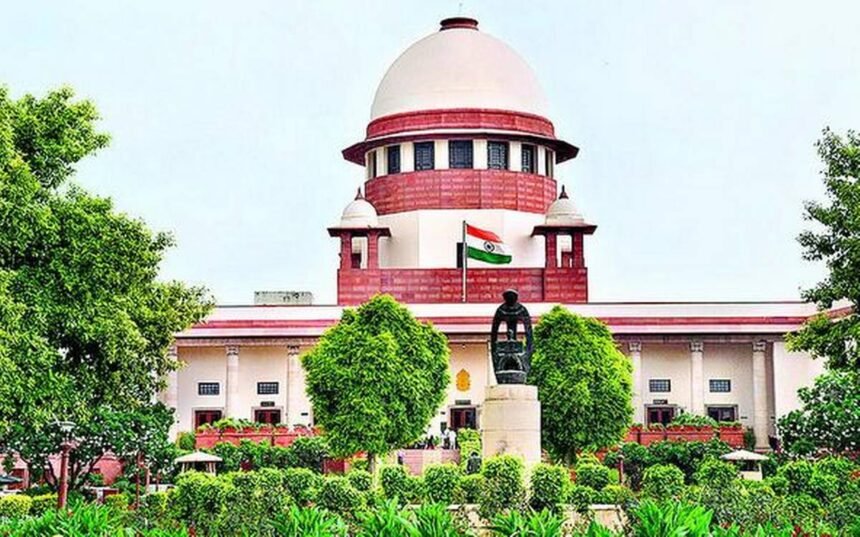In a significant ruling that has far-reaching implications for the educational landscape in India, the Supreme Court of India has expressed strong disapproval of the practice of High Courts allowing admissions to educational institutions through interim orders. This pronouncement comes as a response to a growing trend where students seek relief from High Courts in matters of admissions, often leading to a state of uncertainty and inconsistency in the admission process.
The Context
The journey to higher education is a crucial phase in a student’s life, one that sets the stage for future academic and professional pursuits. The process of admissions to educational institutions, especially in institutions of higher learning, is often characterized by high competition and stringent criteria. This has led to an unfortunate trend where some students, often backed by their families, resort to legal remedies to secure admission.
The Supreme Court’s Stand
In a recent ruling, the Supreme Court took a strong stance against the practice of High Courts allowing students to secure admission through interim orders. The Court emphasized that such actions not only disrupt the established admission processes but also create an environment of uncertainty and unfairness. The Court pointed out that students who obtain admission through interim orders might later face disqualification, leading to not only personal disappointment but also administrative challenges for institutions.
Disruption of Institutional Autonomy
The practice of allowing admissions through interim orders has also raised concerns about the autonomy of educational institutions. Educational institutions, particularly those of higher learning, have their admission processes meticulously designed to ensure a fair and transparent selection of candidates based on merit. Interference through interim orders can disrupt this delicate balance and compromise the institutions’ ability to admit students who truly meet the required criteria.
Impact on the Legal System
While seeking legal remedies is a legitimate recourse for addressing grievances, the misuse of this avenue for securing admissions raises ethical and practical questions. The growing trend of approaching courts for admissions has put additional pressure on an already overburdened judicial system. Courts are left to deal with a plethora of cases related to admission disputes, diverting their attention from more pressing matters.
The Way Forward
The Supreme Court’s stand against allowing admissions through interim orders reflects a commitment to restoring the integrity of the admission process and maintaining the autonomy of educational institutions. However, this issue also necessitates a broader conversation about the larger factors contributing to this trend. It highlights the need for improving transparency, enhancing access to educational opportunities, and addressing the underlying pressures that lead students and their families to seek legal remedies.
Conclusion
The Supreme Court’s deprecation of High Courts allowing admissions to educational institutions through interim orders is a step towards preserving the credibility of the admission process. While legal avenues should remain open for addressing genuine grievances, a holistic approach that involves all stakeholders – including educational institutions, policymakers, and society at large – is crucial to address the systemic issues that lead to such situations. Ultimately, the goal should be to ensure that every student has a fair and equal opportunity to pursue higher education without compromising the sanctity of the education system.
Case Title: National Commission For Homeopathy V. Swanirbhar Homeopathic Medical College Sanchalak Mahamandal Gujarat State & Ors., Special Leave to A
Also read:
news.hybriques.com/supreme-court-bar-association-condemns-police-violence-against-advocates-in-uttar-pradeshs-hapur




































